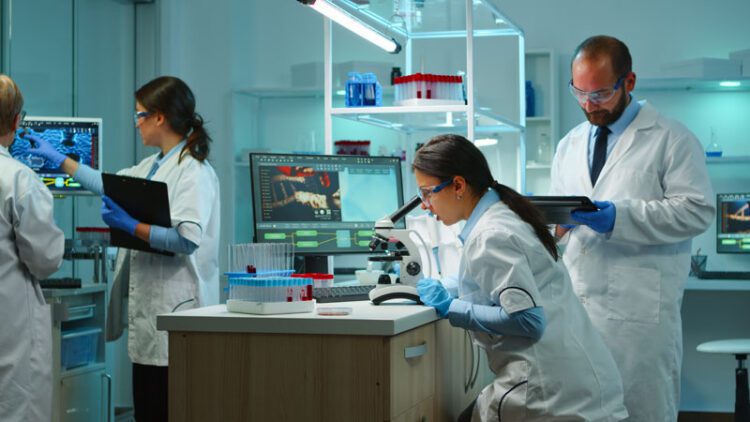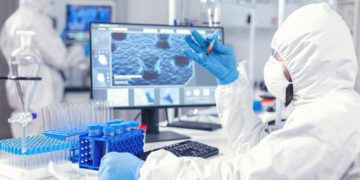Historically, pills and small-molecule drugs dominated the pharmaceutical landscape. But as science delved deeper into the intricacies of human biology, a new class of treatments emerged: biologics. “Crafted from living organisms, biologics represent a paradigm shift, offering precise and targeted treatments for conditions that once seemed untouchable.”
What Are Biologics? An Overview
Unlike traditional drugs, which are chemically synthesized, biologics are produced using living cells. This can include a range of products, from proteins and antibodies to cells and gene products. Their complexity and specificity set them apart from conventional treatments.
The Promise of Precision: Targeting Disease at its Core
Biologics offer a level of precision unmatched by traditional drugs. Because they can target specific molecules or cells involved in disease processes, they often have fewer side effects and can be more effective in halting or reversing disease progression.
From Monoclonal Antibodies to Gene Therapies
The world of biologics is vast and varied. Monoclonal antibodies, designed to target specific disease agents, have revolutionized treatments for conditions like autoimmune diseases and cancers. On the other hand, gene therapies offer potential cures by addressing genetic anomalies at their source.
Challenges in Biologic Development and Production
The complexity that makes biologics so promising also presents challenges. Their production requires specialized facilities and expertise. Additionally, their stability, storage, and delivery can be more complicated than traditional drugs.
The Future of Biologics: What’s on the Horizon?
With continued research and technological advancements, the potential applications for biologics are expanding. From treatments for neurodegenerative diseases to advanced vaccines, the future of biologics holds immense promise.




















